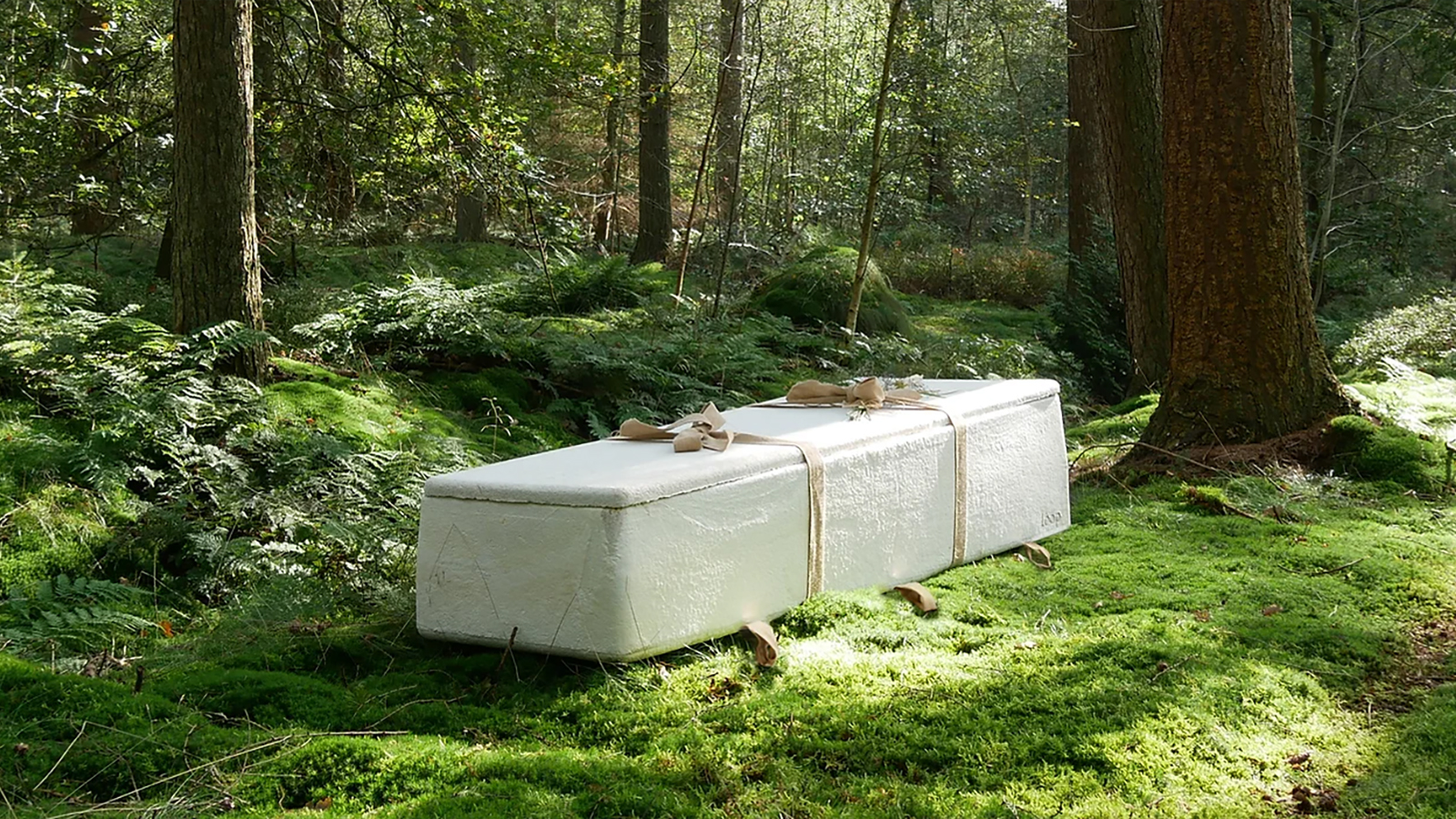Green Funerals Offer an Eco-Friendly Alternative to Traditional Burial and Cremation

There are many ways we living, breathing human beings can contribute to the green movement. We can drive fuel-efficient cars or install eco-friendly lightbulbs or invest in a smart thermostat. Each of these representative industry shifts to offer greener alternatives to traditional practices, and many folks have taken advantage either out of a sense of ecological duty or an eagerness to participate in a hot trend.
But what about staying green after you’re no longer a living, breathing human being? How can you be eco-friendly once you’re dead? After all, you may be shocked to hear just how polluting normal funeral practices can be. Shannon Pallus of The Atlantic explains:
“Each year, a million pounds of metal, wood, and concrete are put in the ground to shield dead bodies from the dirt that surrounds them. A single cremation requires about two SUV tanks worth of fuel. As people become increasingly concerned with the environment, many of them are starting to seek out ways to minimize the impact their body has once they’re done using it.”
Enter: the environmentally friendly funeral industry, which Pallus describes as “booming” in the wake of the green movement’s recent popularity. There’s even a non-profit watchdog group, the Green Burial Council, dedicated to keeping an eye on businesses that offer eco-friendly ways of sending off the dead.
The GBC advocates for green burials that involve light-weight biodegradable caskets and a less-polluting mixture of embalming oils that removes the formaldehyde. Another unique idea supported by a group called the Urban Death Project is to replace cemeteries with a downtown, three-story compost structure where bodies are “folded back into the communities where they have lived.” As for alternatives to cremation, there are eight states in which “green cremations” are legal. This process forgoes flames and instead dissolves bodies in a mixture of chemicals.
Take a look at Pallus’ full article (linked below) to learn more about the green funeral industry, and let us know what you think.
Read more at The Atlantic
Photo credit: Robert Hoetink / Shutterstock





